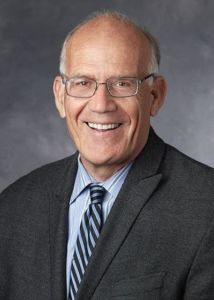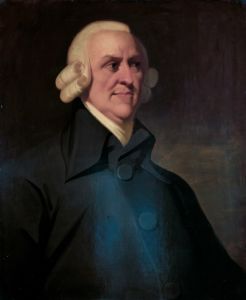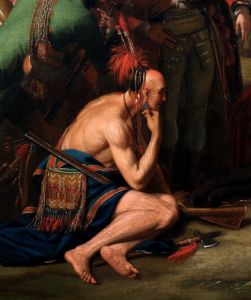3,059 words
I have “conservative” friends and family members who enthuse over the political commentary of Victor Davis Hanson. His columns appear on American Greatness (AG), where its writers regularly huff and puff against liberals and Leftists.
At first glance, what’s not to like about this fifth-generation Californian of Swedish and Welsh ancestry who is a retired Classics professor, a military historian, and a part-time farmer who broke ranks with the Conservative Inc., National Review bottom feeders from the DC Swamp to write and speak in defense of and support for Donald Trump? (more…)




